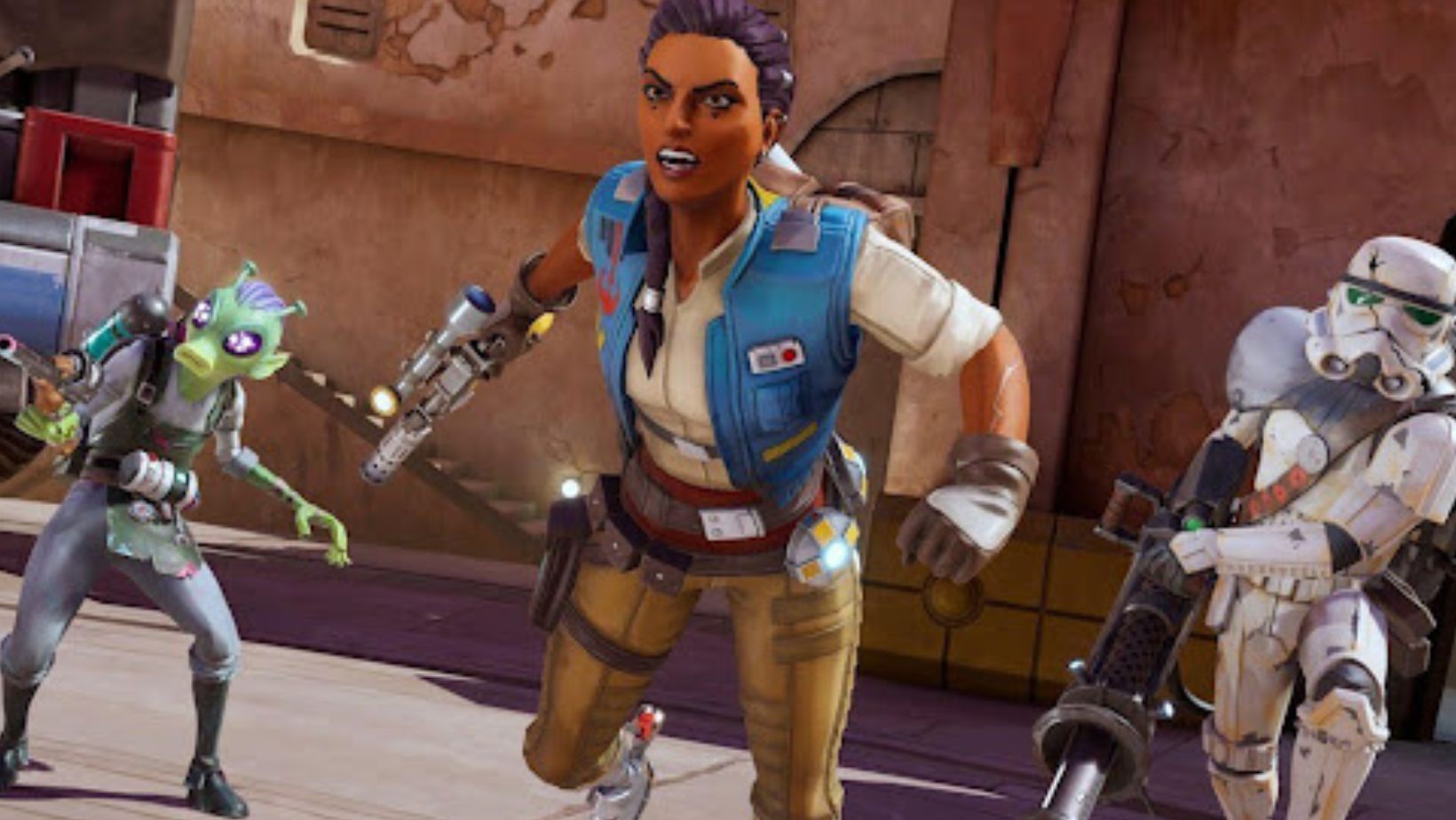
Video games have long been a source of entertainment, but their influence extends far beyond mere amusement, offering profound cognitive, emotional, and social benefits that impact personal development, learning, and career growth. They provide a unique platform for developing creativity and non-standard thinking by immersing players in complex, dynamic environments that demand strategic planning, adaptability, and innovation at every level. Engaging with interactive digital worlds enhances imaginative capabilities, improves decision-making skills, strengthens critical thinking, and fosters resilience and emotional intelligence through narrative immersion and social interaction. As gaming becomes increasingly integrated into educational curricula, workplace training programs, and cognitive development initiatives, understanding the multifaceted impact of these experiences is essential for parents, educators, and industry professionals alike, ensuring that gaming is leveraged as a productive developmental tool and a potential catalyst for lifelong learning.
Games As A Catalyst For Creative Thinking
Video games encourage players to approach challenges from multiple angles, fostering creative thinking in ways that traditional exercises may struggle to achieve, while also promoting curiosity and inventive exploration. Players are constantly required to devise unique strategies, experiment with different solutions, and adapt quickly when outcomes are unexpected or unpredictable, which enhances cognitive flexibility and innovative problem-solving skills. Immersive storytelling, intricate world-building, and interactive mechanics provide fertile ground for imagination, inspiring players to visualize new scenarios, characters, and solutions, while strengthening their ability to think abstractly and conceptually. Moreover, problem-solving in games often requires connecting unrelated ideas or thinking beyond linear logic, nurturing the type of out-of-the-box thinking that can be applied in professional problem-solving, artistic endeavors, scientific research, and entrepreneurial innovation. The process also stimulates intrinsic motivation, encouraging players to persistently explore, experiment, and refine their ideas, while cultivating patience, perseverance, and adaptability in the face of complex challenges.
Enhancing Problem-Solving Skills Through Interactive Gameplay

Games that present complex challenges, including strategy, simulation, and role-playing titles, cultivate advanced problem-solving abilities by requiring sustained focus, evaluation of multiple outcomes, and adaptive decision-making under varied conditions. Players must analyze multifaceted situations, weigh potential risks and rewards, and make decisions under time pressure or resource constraints, closely mirroring real-life decision-making processes and enhancing practical reasoning skills. Collaborative, team-based games further enhance cognitive growth by teaching players how to negotiate, delegate tasks effectively, and leverage collective creativity for optimal results. Platforms such as cs2 watch live allow players to observe professional gameplay, learn innovative strategies, and apply these approaches in real-time, providing a hands-on method to strengthen analytical skills, tactical thinking, and foresight. This combination of observation, experimentation, and applied learning ensures that the cognitive development achieved extends well beyond the virtual arena, fostering practical, real-world problem-solving competence and enhanced decision-making capacity.
The Role Of Game Design In Stimulating Creativity
Game design plays a pivotal role in nurturing creativity by offering mechanics that reward exploration, experimentation, and open-ended problem-solving, challenging players to innovate within diverse virtual environments. Sandbox and simulation games, in particular, provide players with the tools to manipulate environments, test theories, and create unique solutions to dynamic challenges, fostering a sense of agency, self-expression, and inventive thinking. By designing scenarios that encourage trial, error, and imaginative approaches, developers create experiential playgrounds that enhance cognitive flexibility, lateral thinking, innovation, and the ability to synthesize information creatively. These design principles not only engage players for longer periods but also equip them with transferable skills that enhance creativity in academic projects, professional problem-solving, entrepreneurial ventures, and artistic endeavors, highlighting the profound and multifaceted educational and developmental potential of well-designed gaming experiences.
Social And Collaborative Aspects Of Gaming
Multiplayer games offer extensive opportunities for collaborative problem-solving, critical thinking, and social engagement, all of which amplify creativity and interpersonal intelligence. Players must negotiate, coordinate strategies, and share ideas within teams, often under high-pressure conditions that encourage adaptive thinking, effective communication, and leadership development. Participation in online communities, forums, and live streams exposes players to diverse strategies, playstyles, and perspectives, further expanding creative horizons, promoting empathy, and encouraging innovative approaches. The combination of social interaction with strategic challenges strengthens teamwork, communication skills, and emotional intelligence, while simultaneously fostering the ability to generate unconventional solutions. These cognitive, social, and emotional benefits collectively support personal growth, the development of leadership qualities, and enhanced problem-solving capabilities applicable in both virtual and real-world contexts, such as academic, professional, and community settings.
Cognitive Benefits And Long-Term Impact
Regular engagement with video games has been linked to enhanced memory, spatial reasoning, multitasking, and rapid decision-making skills, all of which are crucial for fostering creativity and non-standard thinking. Interactive gameplay challenges the brain continuously, reinforcing neural pathways that encourage flexible thought, strategic analysis, and innovative problem-solving under complex conditions. Over time, these cognitive improvements can translate into academic excellence, professional innovation, creative entrepreneurship, and effective real-world decision-making across various domains. Additionally, the stimulating nature of games boosts intrinsic motivation, resilience, curiosity, perseverance, and self-confidence, strengthening the foundation for lifelong creative growth, adaptive thinking, and personal development. By promoting cognitive flexibility and encouraging the exploration of multiple solutions, games equip individuals to tackle complex, real-world challenges with confidence, ingenuity, and forward-thinking approaches.
Conclusion
In summary, video games are more than a source of leisure; they represent a powerful and multifaceted medium for cultivating creativity, innovative thinking, and complex problem-solving skills. Through immersive environments, intricate challenges, collaborative gameplay, and well-designed mechanics, players develop cognitive flexibility, analytical capacity, and the ability to apply unconventional approaches to diverse problems. Recognizing and harnessing the educational, social, emotional, and developmental potential of gaming enables individuals to unlock new levels of creative capability, applying lessons learned from virtual experiences to real-world challenges, personal projects, academic pursuits, professional innovation, and community problem-solving. By integrating games thoughtfully into educational, professional, and personal development frameworks, society can fully leverage their transformative potential as a tool for fostering cognitive growth, creativity, and lifelong learning.
